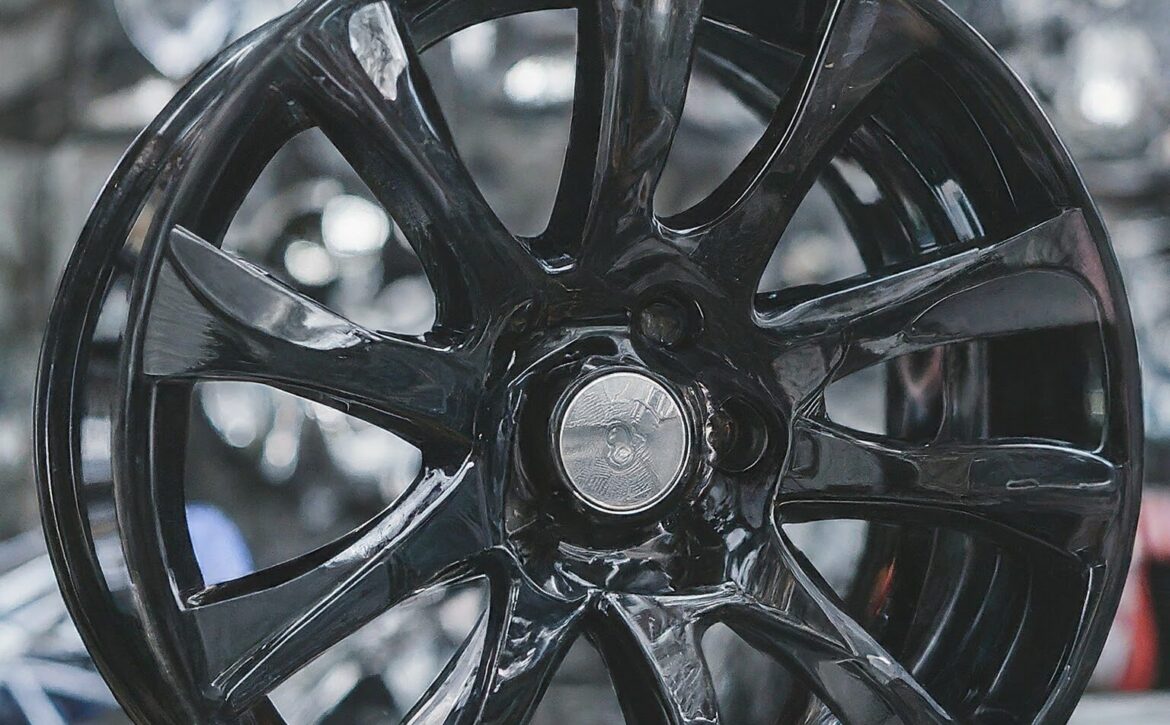How Intercoolers Boost Engine Performance in Extreme Heat?
Engines, especially in high-performance vehicles, operate under intense conditions. One critical component ensuring their efficient functionality is the intercooler. Designed to cool the air compressed by turbochargers or superchargers, intercoolers play a pivotal role in Intercoolers Boost enhancing engine performance, particularly in extreme heat.
An intercooler is a heat exchanger, resembling a radiator, that cools the compressed air from the turbocharger or supercharger before it enters the engine. When air is compressed, its temperature rises, reducing its density and the amount of oxygen available for combustion. By cooling this air, intercoolers increase its density, allowing for more oxygen to enter the combustion chamber, which results in better combustion efficiency, higher power output, and improved engine performance.
The Importance of Intercoolers in Extreme Heat
In extreme heat conditions, engines face additional challenges. High ambient temperatures lead to a higher intake air temperature, which exacerbates the problems of compressed hot air. Intercoolers are crucial in mitigating these effects. Here’s how intercoolers boost engine performance in extreme heat:
1. Enhanced Air Density: Hot air is less dense and contains less oxygen. In high temperatures, without an intercooler, the engine would receive air that is even hotter and less dense, reducing combustion efficiency. Intercoolers cool this air, increasing its density and oxygen content, which is essential for optimal engine performance.
2. Improved Combustion Efficiency: Efficient combustion requires a precise mix of air and fuel. Cooler, denser air ensures a more accurate air-fuel mixture, leading to more efficient combustion. This is particularly important in extreme heat, where maintaining the right air-fuel ratio can be challenging.
3. Increased Power Output: Cooler air allows for more efficient combustion, which directly translates to increased power output. In high-performance vehicles, this boost in power can be significant. In extreme heat conditions, intercoolers ensure that the engine continues to produce optimal power by maintaining lower intake air temperatures.
4. Reduced Engine Knock: Engine knock, or pre-detonation, occurs when the air-fuel mixture ignites prematurely. This is more likely to happen with hotter intake air. By cooling the air, intercoolers reduce the likelihood of engine knock, ensuring smoother engine operation and longevity.
5. Enhanced Turbocharger Efficiency: Turbochargers and superchargers compress air, which increases its temperature. In extreme heat, the temperature of the compressed air can become excessively high, reducing the efficiency of these components. Intercoolers lower the temperature of the compressed air, improving the efficiency and performance of the turbocharger or supercharger.
Types of Intercoolers
There are two main types of intercoolers: air-to-air and air-to-water. Each type has its advantages and applications, particularly in extreme heat.
1. Air-to-Air Intercoolers: These intercoolers use ambient air to cool the compressed air. They are simpler in design, generally more robust, and require less maintenance. In extreme heat, however, their performance can be limited by the high ambient air temperature. Effective airflow and a large surface area are crucial to maximize cooling efficiency in such conditions.
2. Air-to-Water Intercoolers: These intercoolers use water or a coolant to absorb heat from the compressed air. They are more efficient in extreme heat as water has a higher thermal capacity than air, making them more effective at removing heat from the intake air. However, they are more complex, requiring a separate cooling system and maintenance.
Maximizing Intercooler Performance in Extreme Heat
To ensure intercoolers perform optimally in extreme heat, several strategies can be employed:
1. Proper Sizing and Placement: The size and placement of the intercooler are critical. An intercooler that is too small will not provide adequate cooling, while one that is too large can lead to pressure drops and reduced efficiency. Placement should ensure maximum exposure to airflow.
2. Efficient Airflow Management: Ducting and shrouding can help direct air through the intercooler more efficiently, enhancing its cooling capability. In extreme heat, managing airflow becomes even more critical to ensure the intercooler receives the coolest possible air.
3. Cooling System Maintenance: Regular maintenance of the intercooler and the entire cooling system is essential. In air-to-water intercoolers, ensuring the coolant is at the proper level and the system is free from leaks is crucial. For air-to-air systems, keeping the intercooler clean and free from obstructions will maintain optimal performance.
4. Upgraded Components: In some cases, upgrading to a more efficient intercooler can provide significant performance benefits. High-performance intercoolers often feature advanced designs, such as bar-and-plate construction, which offer better cooling efficiency and durability in extreme conditions.
5. Heat Shields and Insulation: Protecting the intercooler and its associated piping from engine heat can prevent heat soak, where the intercooler absorbs heat from the engine rather than cooling the intake air. Heat shields and insulation materials can be effective in minimizing this issue.
Real-World Applications and Benefits
In real-world scenarios, the benefits of intercoolers in extreme heat are evident. Performance vehicles, such as those used in motorsports or high-performance street cars, often operate in demanding conditions where engine temperatures can soar. Intercoolers ensure these engines maintain their power output and efficiency despite high ambient temperatures.
For instance, in rally racing, where cars traverse varied terrains and climates, intercoolers are essential for maintaining Intercoolers Boost engine performance. Similarly, in high-performance street vehicles, especially in regions with hot climates, intercoolers prevent performance degradation and potential engine damage due to excessive heat.
Conclusion
Intercoolers are vital components in modern high-performance engines, particularly in extreme heat conditions. By cooling the compressed intake air, they enhance air density, improve combustion efficiency, increase power output, reduce engine knock, and improve the efficiency of turbochargers and superchargers. Whether through air-to-air or air-to-water designs, intercoolers ensure that engines operate at their best, even in the harshest environments. For any high-performance application, understanding and optimizing intercooler performance is key to achieving and maintaining peak engine efficiency and reliability.
Read Also This Blog



